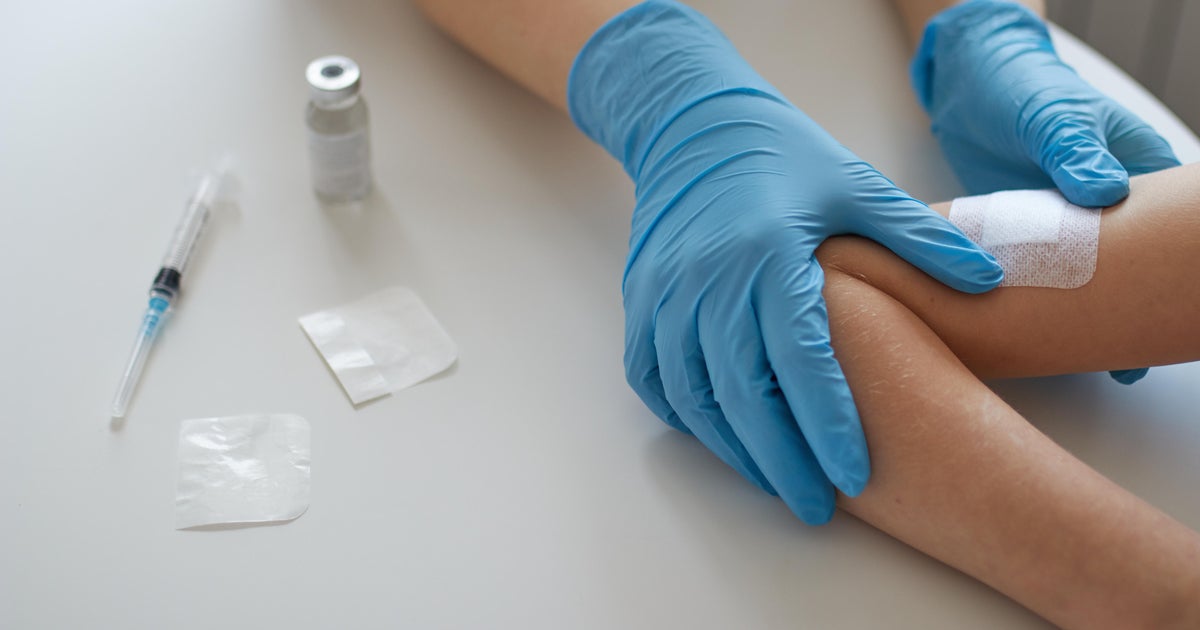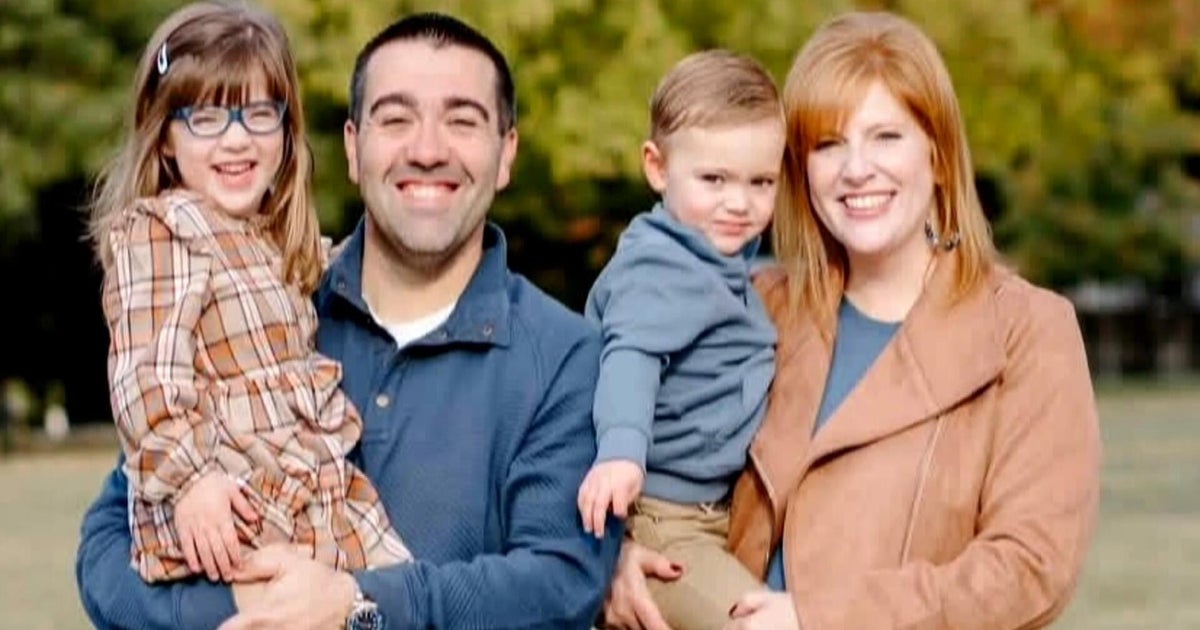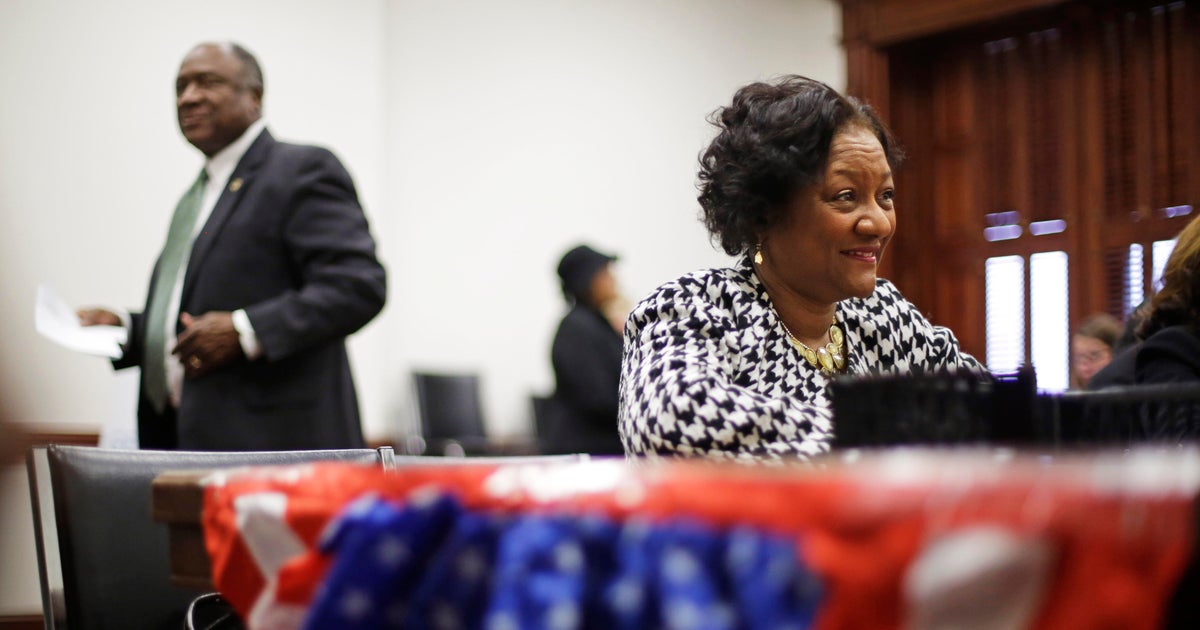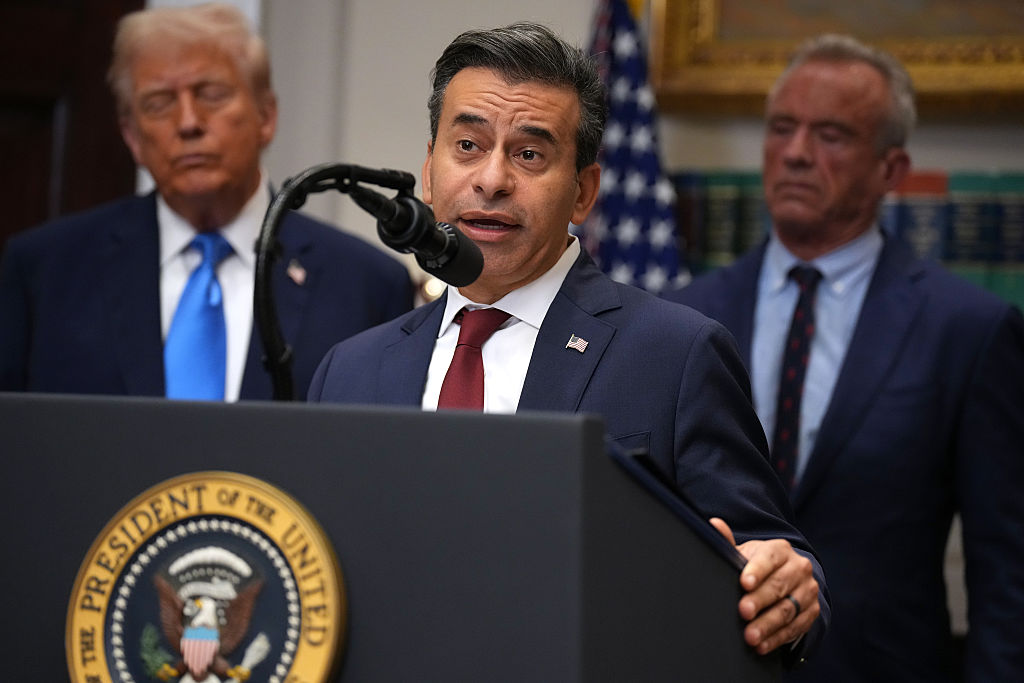Gottlieb says likelihood "extremely low" for COVID-19 vaccine available for use in 2020
Scott Gottlieb, the former commissioner of the Food and Drug Administration, told "Face the Nation" on Sunday that it's unlikely a coronavirus vaccine will be available in the U.S. by the end of 2020.
"I think the likelihood that we're going to have a vaccine for widespread use in 2020 is extremely low, I think we need to think of that as largely a 2021 event," Gottlieb said. "And if we do have a vaccine available in 2020, it's likely to be used in a much more targeted fashion."
According to Gottlieb, if the vaccine is produced before next year, it would be distributed through a "staged introduction" that prioritizes high-risk groups, like nursing home residents and health care workers.
"You can almost think of the vaccine being used in a therapeutic sense, to try to protect very high risk populations," he explained. "... Not in the way we traditionally think about vaccines, in terms of trying to provide broad based immunity in a population."
The same methodology was used in 2009 when H1N1, also known as the swine flu, took hold. According to Gottlieb, that vaccine was also distributed to doctors and frontline health care workers first. "We were able to do that very efficiently with the swine flu," he said.
Three of six vaccine candidates backed by the White House's Operation Warp Speed initiative are currently in phase 3 trials. The Trump administration has set a goal to deliver 300 million doses of a coronavirus vaccine by January.
The accelerated process has left some concerned that agencies overseeing vaccine production, including the FDA, are facing heightened political pressure from the White House. Gottlieb said Sunday that despite the rapid pace, he has "absolute confidence in the scientific staff" tasked with approving any vaccine.
"I don't think politics should get in the way at all, and I don't think it will," Gottlieb said. "There's a very rigorous process around the development and approval of a vaccine."
"There's multiple layers of review among people who are expert in these areas. So I don't think those people are going to be pushed around to make a decision that they're not absolutely confident in," he said.
The first line of defense is the independent Data and Safety Monitoring Board, which is composed of research experts that review data from clinical trials, and has the power to end the trials early.
In an interview with Kaiser Health News this week, Dr. Anthony Fauci, head of the National Institute of Allergy and Infectious Diseases, said he's also "not concerned about political pressure" influencing the board.
According to Gottlieb, trial data reviewed by the board is not "unmasked" to the drug developer and FDA until the board is "comfortable with the conduct of the trial." The company is then required to file the data with the FDA, asking for permission, either for an authorization or approval, followed by a "very rigorous process inside the FDA," Gottlieb said.
Until the vaccine arrives, however, Americans are being asked to continue to social distance, wear masks, and avoid gatherings. Despite pleas for precaution, national COVID-19 infections have risen since the start of the summer.
"If you look at where we were heading into Memorial Day, relative to where we are heading into Labor Day, we have an equivalent amount, if not more infection heading into Labor Day," Gottlieb said. At the end of May, the U.S. was diagnosing about 21,000 new coronavirus cases a day, now that rate has jumped to about 40,000 infections a day, with "about 150 tragic deaths a day," according to Gottlieb.
"And we're heading into a more difficult season, we're heading into the fall and winter, when we would expect a respiratory pathogen like the coronavirus to start spreading more aggressively than it would in the summertime," he said.
As the virus persists, American's stamina has dwindled. "People are exhausted," Gottlieb said. "People have been social distancing and wearing masks and staying home for a long period of time right now, small businesses are hurting."
"I think that people's willingness to comply with the simple things that we know can reduce spread is going to start to fray as we head into the fall and the winter," he said. "And that's another challenge, trying to keep up our vigilance at a time when we know this can spread more aggressively."
"This could run its course in 2020, and as we get into 2021, start to slow down," he said. "I think the tragic consequence of that is there's going to be a lot of death and disease along the way."





